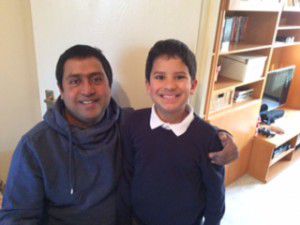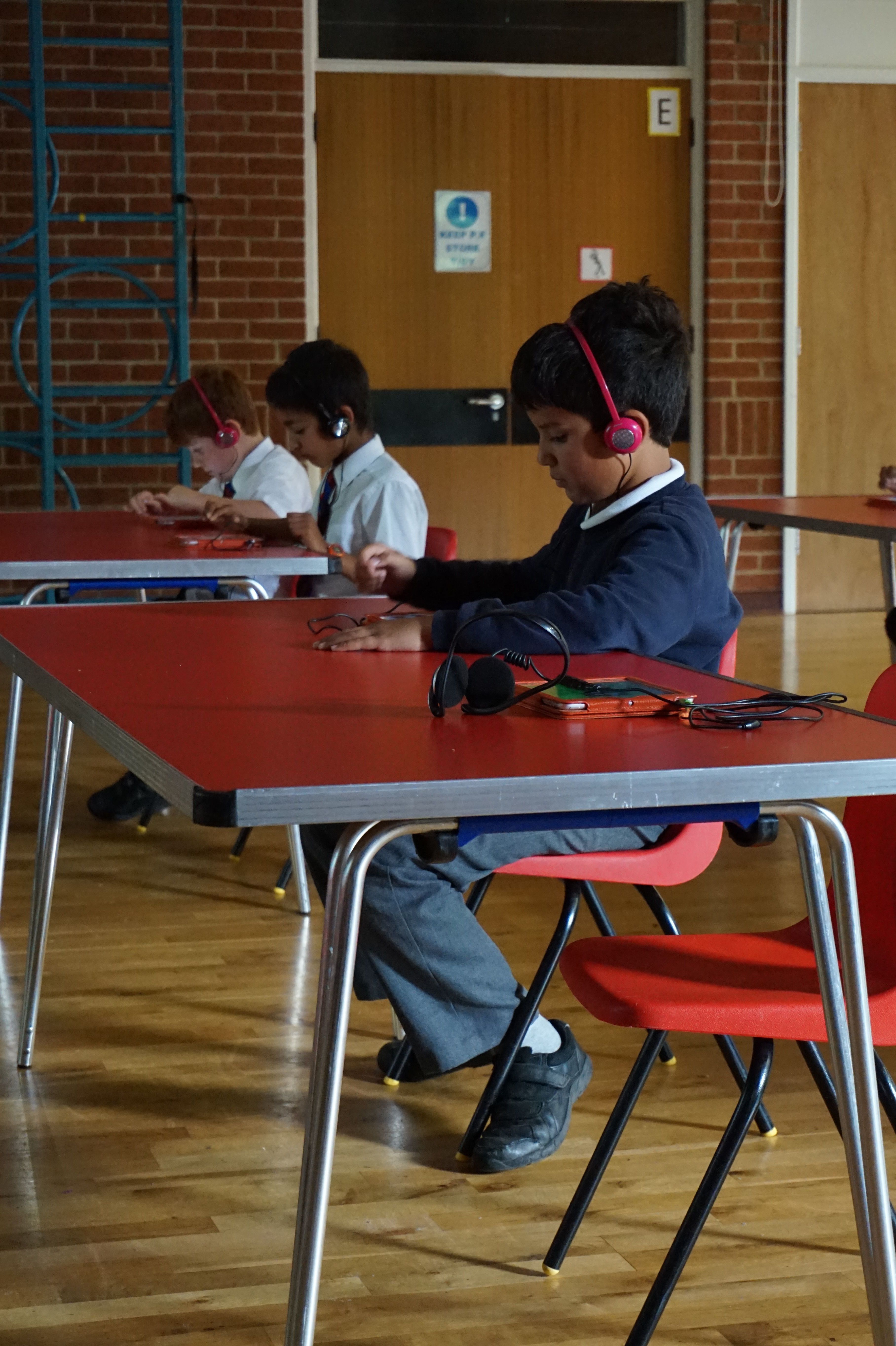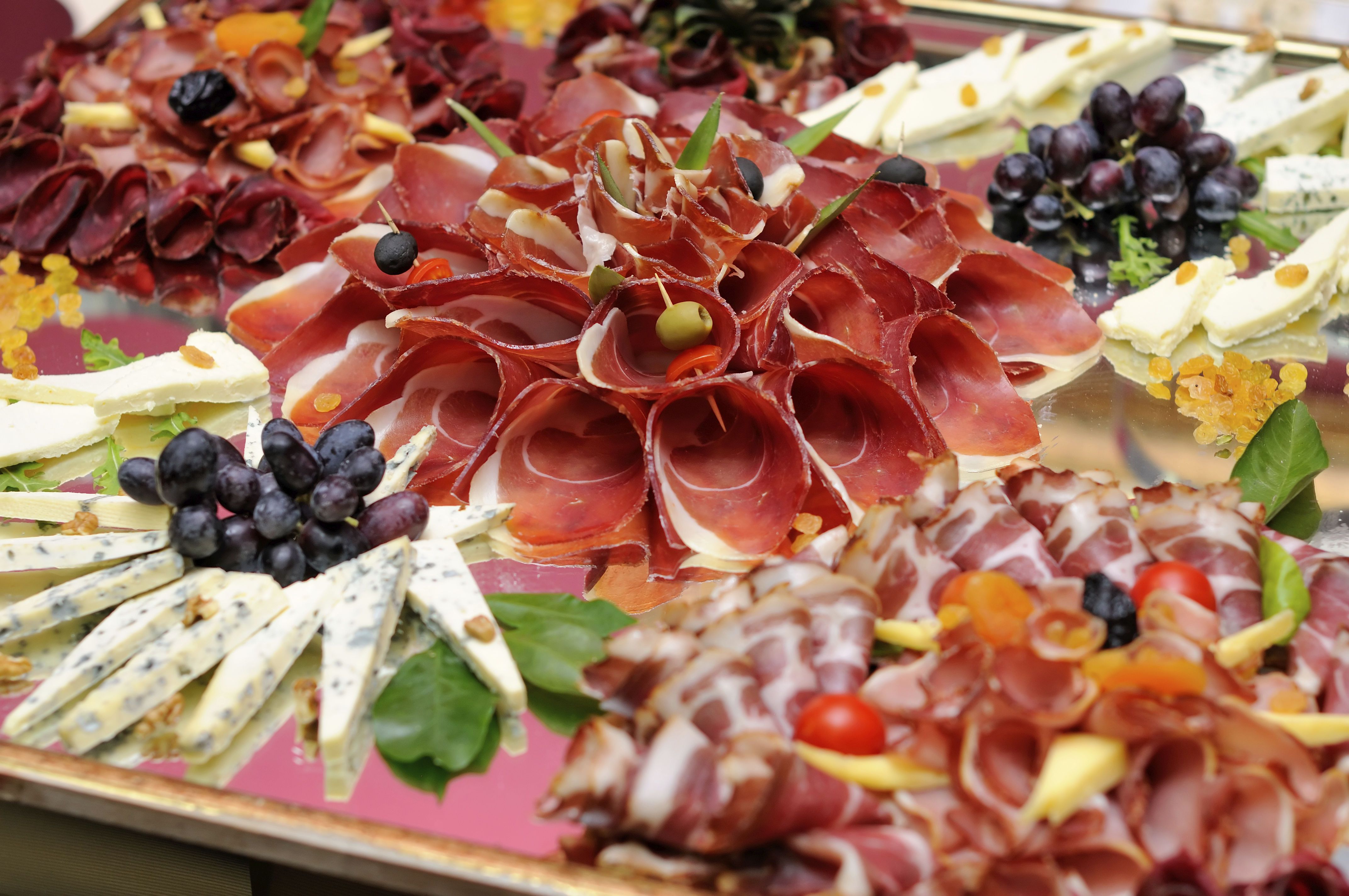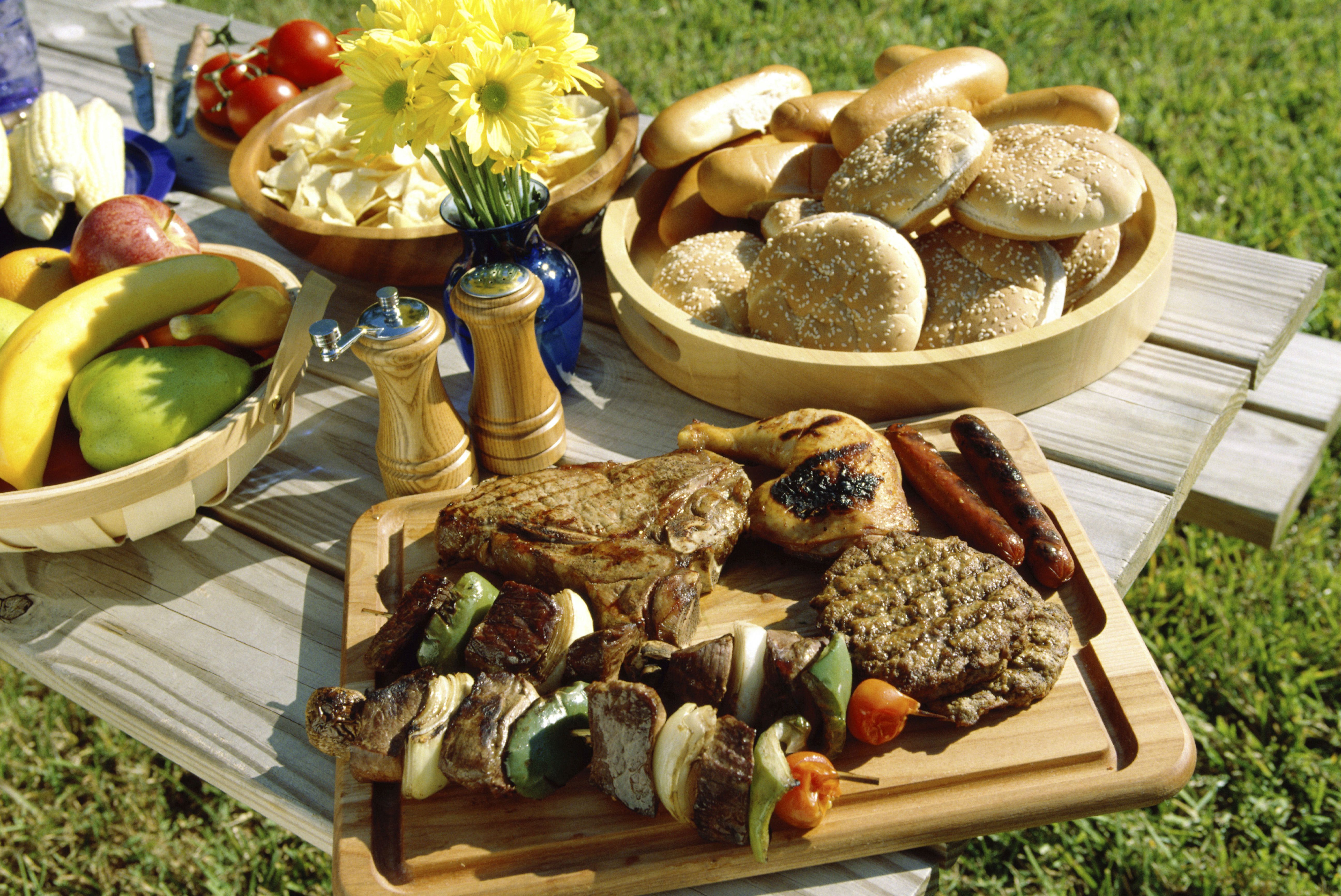Why children should learn a second language
The Scottish Government has committed to every child learning a second language at the age of 5. Alongside this, they’ll learn an additional language in P5, which means children will know 3 languages by the time they leave school. It’s called the 1+2 policy and we think it’s a great pledge, as there are so many reasons why children should learn another language.
Increase their skills
Earlier this week an article came out stating that ‘bilingual babies are smarter’. Growing up learning or hearing a second language helps to increase their learning capabilities including problem solving and memory. This means not only do children benefit from knowing a second language; it also helps them improve across all other subjects that they’re learning.
Future needs
This may seem like extreme forward planning, but as the world continues to internationalise, employers are looking to their potential employees for language skills. Business is conducted worldwide and the need to understand and communicate with other cultures is massive. Having the ability to learn a language at a young age is an excellent skill to have.
Enthusiasm
Secondary schools in the UK teach a foreign language in years 7 to 9, with it being optional for students to take a language at GCSE. Starting languages in primary schools could create the enthusiasm needed to help with the uptake of GCSE and A-level languages. It can help to show students that languages aren’t necessarily a risky option at GCSE/A-level, instead they are fun and there are ways that you can learn a language and do well with it!
Primary schools that have been a part of the Junior Language Challenge have found children love to learn languages. Those that get to the final of the challenge have had the chance to learn three new languages; many of them have chosen to enter again the year after too!
Multi cultural
There are such a large variety of cultures in the UK, in one primary school there are 20 different languages spoken. Not one of these speak English as a first language, so equipping children with the skills to learn a language will make it easier for them to pick up English and communicate with each other.
European Countries
In 2012 the European Commission report found only 9% of English students were reaching ‘independent learner’ level when it came to languages. This is tiny compared to Sweden’s 82% level; the UK is actually joint bottom when it comes to learning foreign languages. In Luxembourg children are offered the chance to learn 3 languages during their time at school. Clearly learning a language is an area the UK needs to invest in more – and Scotland are leading the way!
Junior Language Challenge: fun for the whole family!
Isobel Eason from Hartlepool qualified for the Junior Language Challenge final two years in a row, and came third last year, with her proud family cheering her on. Here her mum Vickie shares their experience of the competition…
If you’re a parent or teacher of children aged 10 and under in the UK, visit juniorlanguagechallenge.com to find out more about our annual competition, which is now open! Entry costs just £5, which is all donated to our fantastic charity, onebillion.
The Junior Language Challenge has been an amazing experience from start to finish. My daughter Isobel thoroughly embraced the challenges and new languages that it offered.
Isobel qualified for the final in each of the last two years. The first year was a daunting experience but being one of the youngest to qualify that year did not put her off. As a family we all learnt along with her, even creating songs and rhymes to help her learn some of the trickier phrases. We sometimes still all sing them on the way to school on a morning whenever something reminds us of the languages she studied. She did really well in the final that year, finishing just outside the top 15.
The following year was a different story for Isobel. We noticed a real difference in the way she approached learning the new languages and every spare minute she had she spent practising. Mandarin has to have been one of her favorites. The final was very different as we all knew what to expect. I was dreading the leaderboard the most, it’s horrible to see the children moving up and down and I don’t know how Isobel managed to block it out. We were overjoyed when she made the final round, though we spent the entire final on the edge of our seats! I was so nervous for her but she was amazing, and her face when she had finished and looked at the scoreboard was an absolute joy. She had finished third! All of her hard work and determination had paid off.
I was amazed throughout at how quickly she picked up the different languages. The JLC and their fantastic team of people has provided Isobel with an invaluable experience, learning six languages over the last two years whilst also supporting the very worthy onebillion charity. It’s been an adventure that none of us will ever forget and one that we can’t recommend highly enough.

Counting the days: Reuben can’t wait for his 4th Junior Language Challenge
In today’s blog post, father and son Joseph and Reuben share with us their JLC story and how learning made fun got them counting the days until this year’s competition.
If you’re a parent or teacher of children aged 10 and under in the UK, visit juniorlanguagechallenge.com to find out more about our annual competition, which opens on Friday 11th March.
Reuben was just 6 and in Year 2 when a teacher with a passion for languages opened the JLC to this year group for the 1st time. Reuben got stuck in to learning Spanish, then Greek, breezed past most of the school including the Y6s and in to the East-Midlands’ semi-final. He came 4th. This was an inspiration to the other children that left them waiting for the next JLC. His success justified an early introduction of Abbey Road children to the exciting challenge of learning a new language. The sheer passion and excitement with which he approached the languages, the colourful child-friendly software and the brain-teasing range of games that increased in difficulty as his competence increased and introduced the language as it might be used in every-day life, kept him glued to learning, so much so that he was at it during every waking moment. For once, we parents did not have to battle with him to get off his game console or the iPad! Most importantly he remains as enthusiastic and motivated several challenges on.
 Reuben waited eagerly for his next shot at the JLC in Year 3. While the 1st round was a doddle for him, he crashed ignominiously out of the semi-final, learning an important life lesson, that there is no substitute for hard work. Rather than letting this get him down, he worked very hard and consistently in Year 4, at gaining a working knowledge of Portuguese, then Mandarin and qualified for the final in London. He was very excited and enthused by his success and immersed himself in learning Arabic for this. The fierce competition did not deter him but rather spurred him on and he came 13th after a hard fought set of heats.
Reuben waited eagerly for his next shot at the JLC in Year 3. While the 1st round was a doddle for him, he crashed ignominiously out of the semi-final, learning an important life lesson, that there is no substitute for hard work. Rather than letting this get him down, he worked very hard and consistently in Year 4, at gaining a working knowledge of Portuguese, then Mandarin and qualified for the final in London. He was very excited and enthused by his success and immersed himself in learning Arabic for this. The fierce competition did not deter him but rather spurred him on and he came 13th after a hard fought set of heats.
Having enjoyed himself so much and coming within a hair-breadth of winning, he continues his JLC journey. He cannot wait for this year’s challenge to begin. He is counting the days!
Joseph Chandy
___
I started the Junior Language Challenge in Year 2 at the age of 6 and have taken the Challenge every year since then. It is an amazing experience that I look forward to.
I love languages and was extremely interested in participating. I loved the way the games were laid out. This makes them really easy to understand and play and most importantly, it makes the whole experience really fun. No matter how hard the language is or may seem, EuroTalk makes it easy to learn and understand.
JLC combines two extremely important things in life, having lots of fun and language learning. It’s definitely not boring; it’s one of the best and most exciting experiences you can have. I love the competition it creates; the urge to win in all competitors is great. One of the things I love about the JLC is how you can share the massive excitement and competitiveness with other people who are also in the challenge. I strained to be at the top of the scoreboard, competing with my friends Adam and Farah Akbar and many others.
 Getting to the semi-final and final is a special feeling I will never forget. The feeling that you’re among the best of the massive amount of participants is simply amazing. The best thing is, the entrance fee is only £5 and it goes to an absolutely wonderful cause, a non-profit organisation called onebillion, whose sole aim and cause is to give the children in Malawi a better education and a much brighter future.
Getting to the semi-final and final is a special feeling I will never forget. The feeling that you’re among the best of the massive amount of participants is simply amazing. The best thing is, the entrance fee is only £5 and it goes to an absolutely wonderful cause, a non-profit organisation called onebillion, whose sole aim and cause is to give the children in Malawi a better education and a much brighter future.
I hope that more people can join the Junior Language Challenge and share this brilliant experience. I love the Junior Language Challenge and I will never forget it. JLC 2016 is a few mere days away!
Reuben Chandy
You speak more French than you think
So you think you can’t speak French? You may not realise it but if you’re an English speaker, you probably know more French than you think. Just take a look…
Delicatessen/Deli
Whether you go to the ‘deli’ aisle in the supermarket, or an independent delicatessen for some dips, sauces or meats, we’ve all used this word. In French the word for this is ‘delicatessen’, which literally means ‘delicious things’.
Biscuit
A common snack or treat in the UK and the US, there are so many options to choose from. But did you know that this originates from French, meaning ‘twice cooked’. The original biscuits were baked first, and then put into another oven to dry out so that they kept longer.
Faux Pas
Often seen in magazines or newspaper as a favourite way to describe a celebrity fashion ‘faux pas’. It originally means ‘false step’ in French related to a social mistake, which leads to embarrassment.
Picnic
The original meaning of picnic was to describe people who bring their own wine to a restaurant. The connotation of bringing something has stayed today with the idea that people contribute different things to a picnic. Today we also know it as a meal we eat outside or ‘al fresco’ (which is from Italian, if you were wondering).
Sabotage
Interestingly this word was first related to a work dispute and the idea that workers threw shoes into the machinery (originally clogs) to stop it from working, so they could strike. Today we associate this word with the idea of doing something which will prevent the desired outcome.
Fiancé(e)
We do have a couple of words for the person we’re going to marry in English, but for some reason the French is used much more regularly than ‘intended’ or ‘betrothed’. Perhaps it’s just that the French sounds more romantic?
Sauté
A term used in cooking such as to sauté an onion, it means frying in a small amount of fat. It originates from ‘sauter’ which means to jump in French.
Can you think of any other examples of French words or expressions that are regularly used by English speakers?






